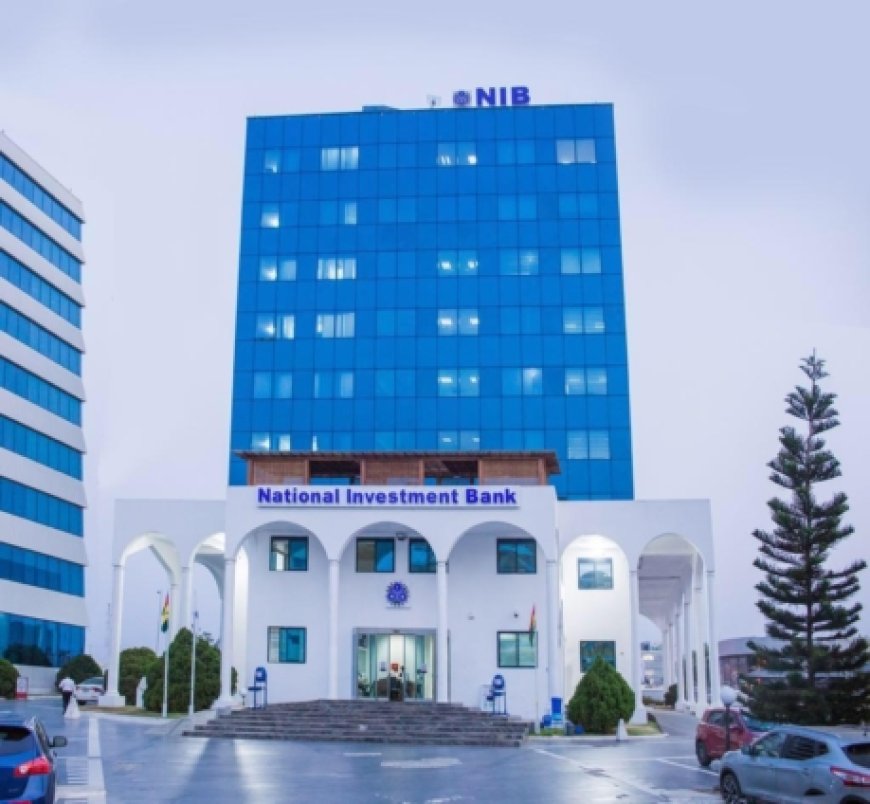Government recapitalizes NIB with GH₵1.4bn; ADB, CBG set for 2026
The Ghanaian government has recapitalized the National Investment Bank (NIB) with GH₵1.4 billion to stabilize its operations, as part of a broader effort to reinforce the financial sector. Similar capital support is expected for Agricultural Development Bank (ADB) and Consolidated Bank Ghana (CBG) in 2026, in line with IMF conditions and sector-wide reforms.

The Government of Ghana has taken a decisive step to strengthen its banking sector by injecting GH₵1.4 billion into the National Investment Bank (NIB). The recapitalization, made up of a mix of cash and bonds, is aimed at revitalizing the struggling state-owned bank and safeguarding depositor funds while aligning with broader economic stabilization efforts.
Finance Minister Dr. Cassiel Ato Forson made the announcement during a press briefing, stating that the move is part of a targeted strategy to clean up and fortify the banking sector. The intervention is timely, considering past concerns about NIB’s financial viability and calls for its closure due to continuous state support.
“This capital injection gives NIB a new lease on life,” Dr. Forson explained. “We are committed to preserving jobs and securing deposits, while ensuring that NIB becomes competitive and aligned with national development priorities.”
In the same briefing, Dr. Forson revealed that the Agricultural Development Bank (ADB) and Consolidated Bank Ghana (CBG) are slated for recapitalization in 2026. A new board, led by Kenneth Kwamina Thompson, has been installed at ADB to prepare for this upcoming capital restructuring. The bank is expected to play a key role in financing agriculture and agro-industrial value chains, in line with the government’s food security agenda.
CBG, established in 2018 to take over five collapsed banks, is also on the radar for financial strengthening. Dr. Forson noted that the government remains cautious with public funds, ensuring that recapitalization decisions are guided by data and fiscal responsibility.
These moves come as the Bank of Ghana prepares to roll out a risk-based recapitalization framework for all banks. The upcoming policy will replace the current uniform minimum capital requirement with tailored targets based on the size, risk exposure, and operational capacity of individual banks.
Financial analysts have welcomed the announcement, seeing it as a sign of renewed government commitment to a robust and resilient banking system that supports growth and job creation. However, they have also called for increased transparency and accountability in how the recapitalized banks operate post-injection.
With the International Monetary Fund (IMF) conducting its fourth review of Ghana’s bailout programme, these banking reforms are expected to boost investor confidence and meet programme benchmarks.
What's Your Reaction?





















































































